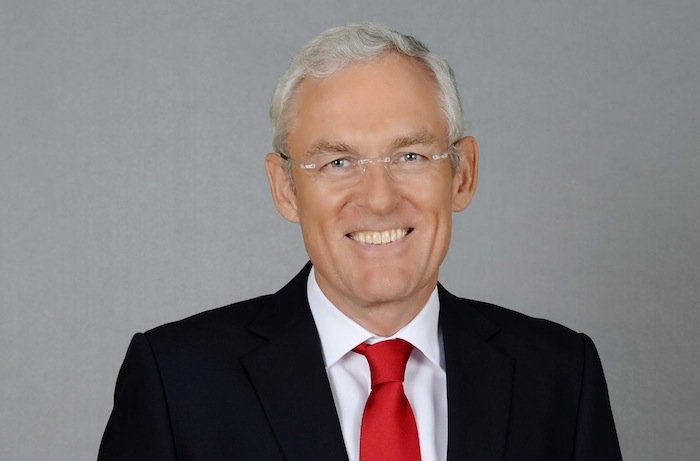Esben Poulsson says STCW is no longer fit for purpose

Esben Poulsson, the chairman of the International Chamber of Shipping (ICS), has called today for changes to be made to the International Convention on Standards of Training, Certification and Watchkeeping for Seafarers (STCW).
Created by the IMO in 1978 the regulation has been updated a number of times since, most recently in 2010.
Speaking at CrewConnect, the world’s largest maritime HR gathering, in Manila, Poulsson argued STCW today was no longer fit for purpose.
“Change has commenced and further change is coming which should be managed cooperatively to ensure a bright future. We, as shipowners, not the technology and technology providers, should take the lead,” Poulsson said.
The ICS boss argued that the standards of competence within STCW are not appropriate for the standards now desired onboard and suggested that it was a problem of international oversight of implementation.
The 2010 amendments could be seen as an “interim revision”, Poulsson said, adding new training and certification requirements, without removing outdated requirements, or making structural framework changes to accommodate new elements.
“This has resulted in STCW becoming top-heavy and cumbersome,” Poulsson said, going on to say the convention was no longer fit for purpose and was unlikely to deliver the competent seafarers the industry needs going forward.
“The pace of both technological and regulatory developments will make the next revision critical,” Poulsson said of any changes to be made at STCW.
The ICS chair highlighted four possible high-level goals or priorities he’d like to see in the the next comprehensive revision of STCW.
First, the next comprehensive revision should continue to provide an international regime of recognised standards for seafarer training and certification.
“Regional requirements constantly threaten global standards. Shipping companies and seafarers cannot afford for this threat to be realised,” Poulsson observed.
Secondly, any STCW revision must deliver competent seafarers to meet the industry’s needs.
“We own and operate ships, not maritime education and training institutions. Shipping companies are the customers of training providers and require competent seafarers. There have been recent examples where training has been manufacturer and training industry led, rather than user or customer led, which must change,” the shipowner boss stressed.
Thirdly, Poulsson, who is also president of the Singapore Shipping Association, said a revised STCW must respond and adapt to technological developments, including increased automation of ship systems, equipment and operations. It should provide a structure of sufficient flexibility and adaptability to “hit the moving target” of a changing world fleet and may need to develop a more modular approach to training and competency accumulation and certification.
Finally, Poulsson said a revised STCW must seek to improve transparency and robustness of oversight of implementation. The current STCW Whitelist is not transparent enough and does not contain robust monitoring of national implementation to ensure STCW delivers quality seafarers, Poulsson argued.
Splash will be reporting from CrewConnect all week.

Could not agree more. STCW has been responsible more than anything else for the “dumbing-down” of shipping standards. Rather than creating high quality, professional seamen its more obvious result has been to reduce standards to the lowest common denominator. I spend time with at least 150 Masters each year, of many nationalities, and describe a few as accidents waiting to happen, quite a few as lacking commonsense (which used to be the foundation of a competent officer) and some I even have to ask if their uncle owns a maritime school.
Maybe time for shipowners to stop looking for the cheapest crew.
A few more initiatives like the Anglo-Eastern Maritime Academy, Maersk Training, NYK-Fil Maritime E-Training Inc. (NETI), etc. might be worthy of consideration.
Commendable, but ultimately STCW needs to be re-tooled to make thorough understanding of human performance issues the foundation for all maritime industry training. A cognitive rather than behavioural approach.